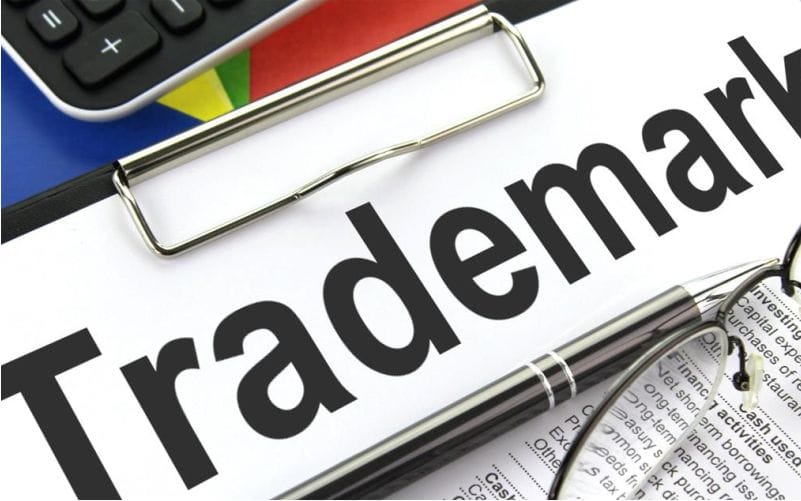In the digital era and increasingly fierce business competition, small entrepreneurs in Indonesia face significant challenges. One important aspect that is often overlooked but crucial for business sustainability and growth is trademark registration. This article will discuss why trademark registration is very important for small businesses in Indonesia and how it can become a valuable asset for their business.

Understanding the Concept of Trademarks and Their Registration
A trademark is a sign used in the trade of goods or services to distinguish the products or services of one company from those of others. It can be a name, logo, symbol, or combination of these elements. In Indonesia, trademarks are protected by Law Number 20 of 2016 concerning Trademarks and Geographical Indications.
Trademark registration is the legal process to obtain exclusive rights to use the trademark. This process is carried out through the Directorate General of Intellectual Property (DGIP) of the Ministry of Law and Human Rights of the Republic of Indonesia.
Why is Trademark Registration Important for Small Businesses?
Legal Protection
Trademark registration provides legal protection to small businesses from other parties trying to use similar marks. This is very important to prevent unfair competition and protect the business reputation that has been built with great effort.
Valuable Business Asset
Registered trademarks become high-value intangible assets. As the business grows, the value of the trademark will also increase, which can become valuable capital for small businesses in the future.
Building Consumer Trust
A registered trademark shows the seriousness and professionalism of the business. This can increase consumer confidence in the products or services offered, which is very important for small businesses in building a loyal customer base.
Opening Business Expansion Opportunities
With a registered trademark, small businesses have a strong foundation to develop their business. This can include opening new branches, franchising, or even expanding into international markets.
Access to Better Funding
Financial institutions and investors often view registered trademarks as a positive indicator of a business. This can make it easier for small businesses to obtain loans or investments for business development.
Preventing Future Disputes
Early trademark registration can prevent potential disputes in the future. This is especially important when the business starts to grow and attracts the attention of competitors or other parties who might want to take advantage of the trademark’s success.
Challenges and Solutions in Trademark Registration for Small Businesses
Although important, many small businesses in Indonesia are still reluctant or experience difficulties in registering their trademarks. Some common challenges include:
Lack of Understanding
Many small businesses do not understand the importance of trademark registration or the procedures to be followed. The solution is to increase education and socialization about intellectual property, especially trademarks, to SMEs.
Registration Costs
Although relatively affordable, trademark registration fees can be a constraint for small businesses with limited capital. The government can consider special incentives or subsidies to encourage trademark registration among SMEs.
Long Process
The trademark registration process can take up to 12-24 months. This can be addressed by improving the efficiency of the registration system and providing special priority for applications from small businesses.
Complexity of Procedures
Complicated registration procedures can be a barrier. Simplifying procedures and providing free consultation assistance for SMEs could be an effective solution.
Steps for Trademark Registration for Small Businesses
Trademark Search
Conduct a search to ensure the trademark to be registered is not already in use by other parties.
Document Preparation
Prepare the necessary documents, including registration forms, trademark samples, and identity documents.
Application Submission
Submit the trademark registration application to DGIP, either online or directly to the office.
Fee Payment
Make the registration fee payment according to applicable regulations.
Examination and Publication
DGIP will conduct formal and substantive examinations, followed by trademark publication to allow other parties to file objections.
Certification
If there are no objections and the trademark passes the examination, a trademark certificate will be issued.
Trademark registration in Indonesia https://patendo.co.id is not just a legal formality, but a crucial strategic step for small businesses in Indonesia. By registering their trademarks, small businesses not only protect their business identity but also build a strong foundation for long-term growth and success. Although there are challenges in the registration process, the benefits far outweigh the difficulties that may be encountered.
Therefore, it is very important for small businesses to prioritize trademark registration as an integral part of their business strategy.
With increasing awareness and support from various parties, it is hoped that more small businesses in Indonesia will protect their trademarks, thus contributing to stronger and more sustainable economic growth for the country.


